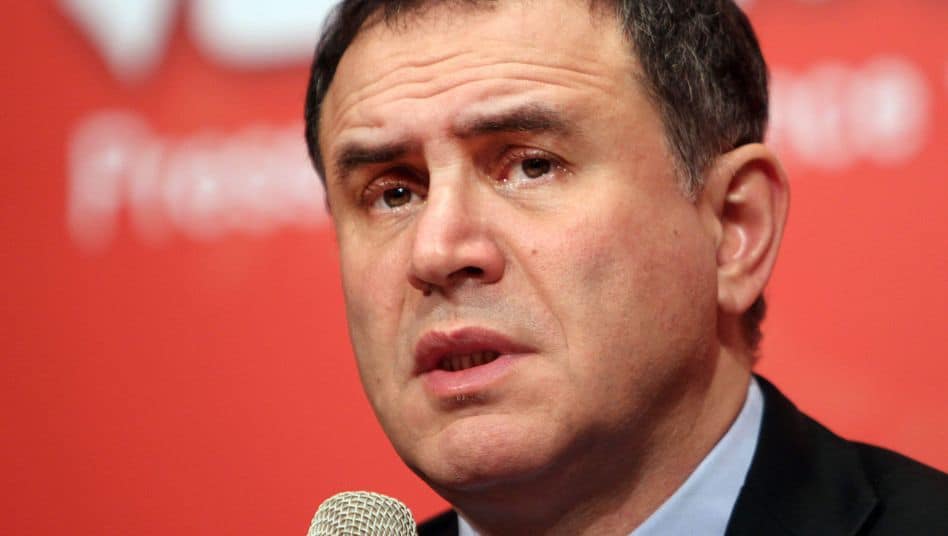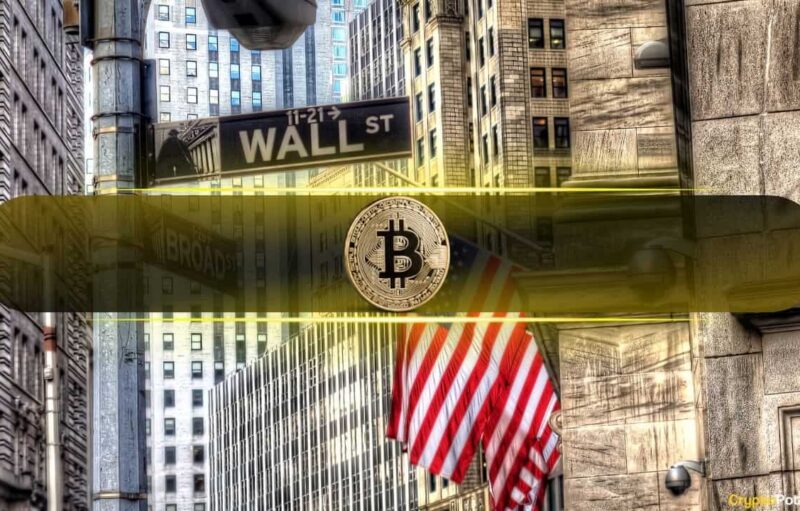NYU economics professor Nouriel Roubini attacked federal stimulus legislation Sunday as a light on aid for workers. His remarks echo the response from several prominent Democrats, including Sen. Bernie Sanders, who is running for president in the Democratic primary, and Senate Minority Leader Chuck Schumer. Likewise, House Speaker Nancy Pelosi had objections to the Senate GOP’s fiscal stimulus bill:
We are beginning to review Senator McConnell’s proposal and on first reading, it is not at all pro-worker and instead puts corporations way ahead of workers.
Trillion Dollar Fiscal Stimulus Pro Corporation, Anti Worker
Meanwhile, Professor Roubini remarked Sunday:
“Trump now speaks of a $2 trillion fiscal stimulus. But a lot of it is smoke & mirrors that doesn’t help the average American. Too much of it is going to the large/middle sized firms, many that are cash rich & used previous bailout for share buybacks. Not enough going to workers”
But Nouriel Roubini should know a thing or two about massive federal bailouts during economic crises that benefit the wealthy. In 2009 he became the senior adviser to US Treasury Secretary Timothy Geithner in the Obama White House. Back during the 2008 Financial Crisis, then-Sen.
Barack Obama and his presidential election opponent, Sen. John McCain, both voted for the TARP bailout. Speaker Nancy Pelosi also supported it along with the Bush White House and Treasury Secretary Hank Paulson.
The Troubled Asset Relief Program was a bipartisan cluster of massive corporate debt relief in the form of a $700 billion loan from taxpayers. They bailed out Wall Street, but they didn’t bail out the main street.
That infuriated Americans on both the Left and Right. The result was the 2009 Tea Party movement on the right, which swept several incumbents away in the 2010 midterm election. And 2011 Occupy Wall Street protests on the left.

Bitcoin and Crypto Are The People’s Bailout
But after Senator Obama became President Obama, he continued doling out money to corporations. His 2009 American Recovery and Reinvestment Act, an $831 billion fiscal stimulus bill, was another grab bag of pork-barrel spending to reward corporations that lobbied for all that funny money.
Washington didn’t have the tax receipts to pay for it and all its other obligations either, so it ran up record deficits that year, borrowing money to give to corporations, and promising the taxpayer would eventually pay it back with interest.
Now history is repeating itself, and Nouriel Roubini suddenly has amnesia about the role the last administration played. The one he worked for.
This is not a Republican or Democratic problem. It’s a systemic one. And when push comes to shove, or when boom cycle turns to bust, whichever party is in power can be counted on to give the stimulus money to those who lobbied hardest and gave the most campaign cash to Washington’s congresscritters.
That’s why Bitcoin and other cryptocurrencies fell like the rest of equities but found support without government stimulus, monetary or fiscal. These free-market currencies stood up on their own two legs. They are the only bailout the people are going to get. And it’s up to you to decide your level of shelter from a dollar system stacked against the little people.
* Disclaimer: This article is the opinion of the author and does not represent professional financial or investing advice.
The post Nouriel Roubini: Trillion Dollar Stimulus Bails Out Corporations, Not Workers appeared first on CryptoPotato.
The post appeared first on CryptoPotato






